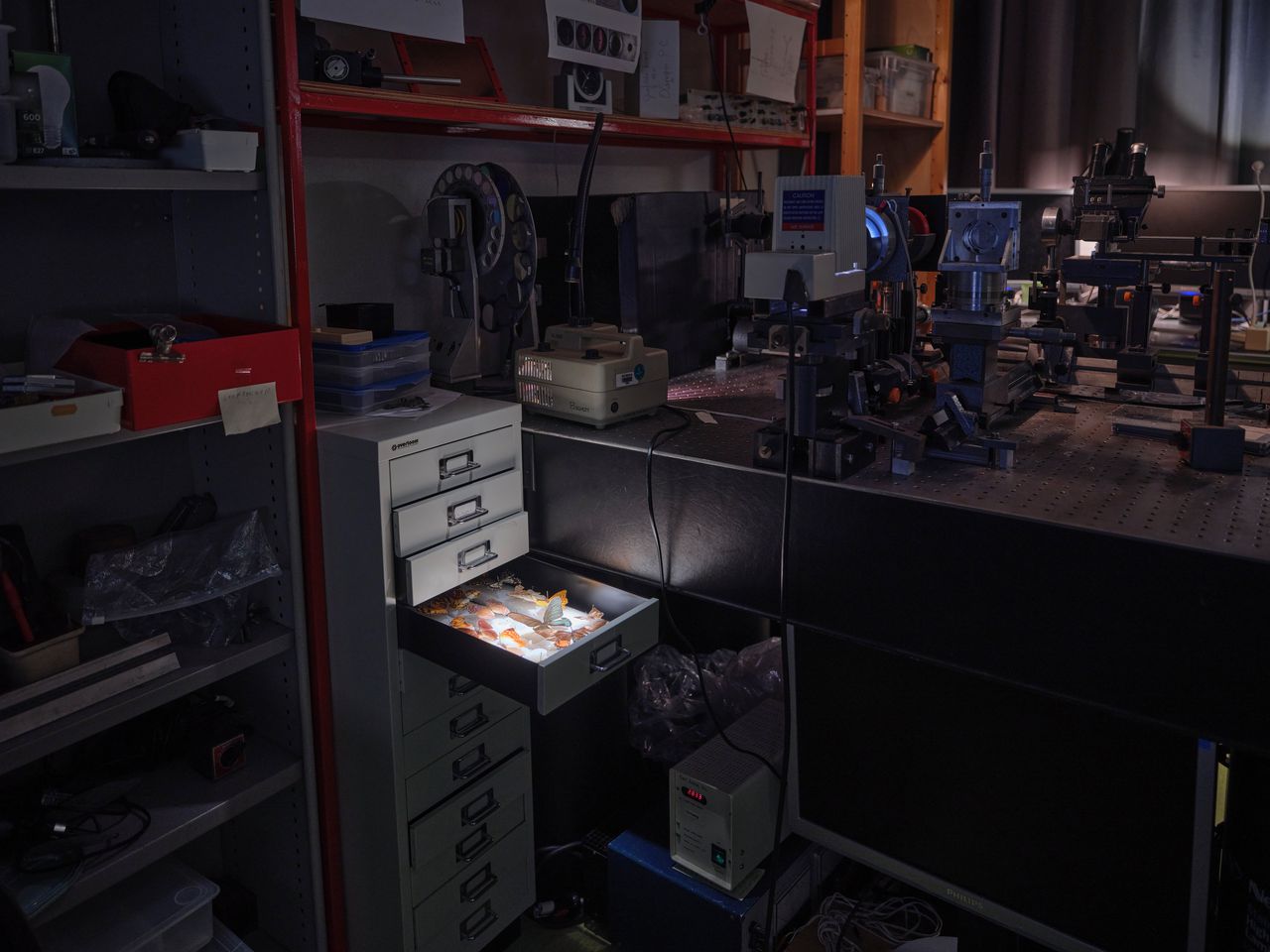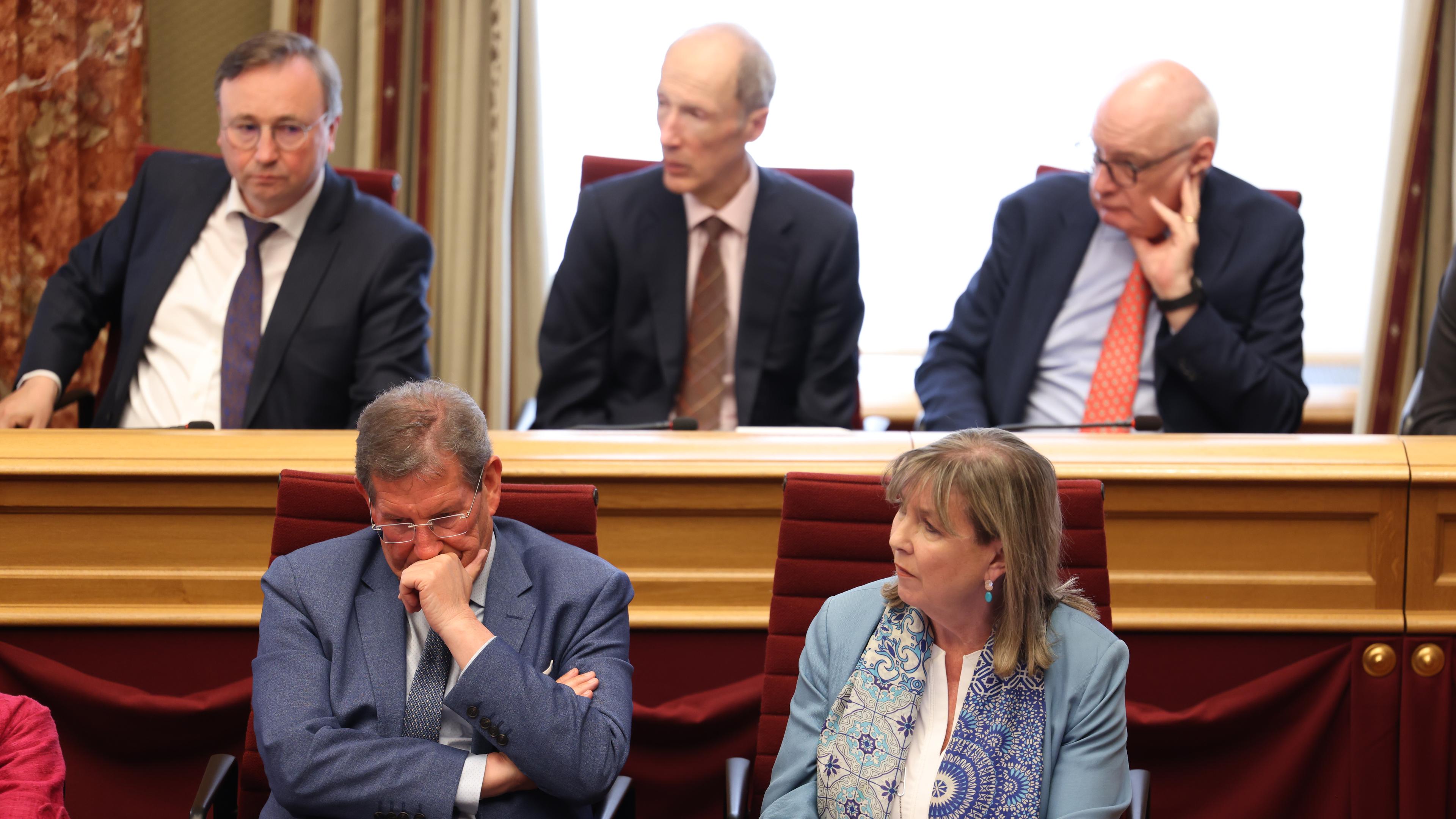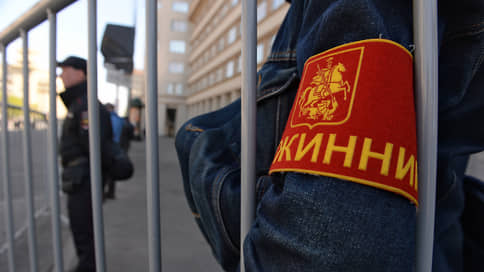Finally the weed experiment starts, but is everyone ready? ‘My customers get their money back if they don’t like the legal weed’
/s3/static.nrc.nl/images/gn4/stripped/data130494264-21c992.jpg|https://images.nrc.nl/AGI4pvCgv5sgK_efnd9dtdbdirY=/1920x/filters:no_upscale()/s3/static.nrc.nl/images/gn4/stripped/data130494264-21c992.jpg|https://images.nrc.nl/c2KJS1u-OdyDh4iVSJopx0RJ92A=/5760x/filters:no_upscale()/s3/static.nrc.nl/images/gn4/stripped/data130494264-21c992.jpg)
Patrick Stevens can hardly believe it. He has been working in the cannabis industry for a quarter of a century and he finally doesn’t have to do it mysteriously anymore. Even when he is on the train, the grower takes calls from coffee shop holders. « And do you still need pre -rotated joints? », Fellow passengers Stevens hear questions.
Stevens works at Holigram, one of the legal cannabis growers who participate in the long -awaited weed experiment that will start this Monday. For four years, users can only buy legal weed and hashish at coffee shops in the municipalities of Nijmegen, Arnhem, Groningen, Zaanstad, Almere, Voorne aan Zee, Heerlen, Maastricht, Breda and Tilburg. The test must show whether the Netherlands can switch to the legalization of soft drugs.
The current tolerance policy is « an idiotic, weird situation, » says Tilburg mayor Theo Weterings. « Baking with money is earned in the illegal circuit, while the end product can simply be sold in a legal coffee shop. » His official Paul Depla is also a champion of legalization. « For a long time we rolled out the red carpet for organized crime and illegal growers with the illegal back door, » says the mayor of Breda.
Quality of the hash
The weed experiment was announced seven and a half years ago in the coalition agreement of the Rutte II cabinet. A year and a half ago, coffee shops in Tilburg and Breda started selling the first legal products, since last summer they are also available in the other eight municipalities. In the fall, the actual start of the weed experiment had to follow, but it was postponed because the growers were not yet ready.
The government has appointed ten growers to produce legal cannabis. In recent years they have built greenhouses and factories to grow plants. Now that seven out of ten growers can deliver, the experiment can begin. For the experimental phase it was stipulated that growers should be able to deliver at least 570 kilograms of weed and 160 kilograms of hashish per week, with a stock of 6800 kilograms of weed and 2000 kilograms of hashish.
Many of our customers think it is made by the state. That the ministers are all in the nursery to turn the joints
The growers now grow enough, but the quality of the hashish still leaves something to be desired. That was the main care of the 57 coffee shop holders from participating municipalities, who asked their mayors in a fire letter last month for a postponement of the experiment. They fear that customers go to other municipalities or the illegal market if the legal products are not good. The delay did not come, the cabinet decided. The coffee shop holders may continue to sell tolerated hashish until 10 June. About twenty percent of the sale of coffee shops consists of hash.
At the moment, only one grower always has hashish in stock: Canadelaar, an originally Austrian producer who has the largest legal cannabis greenhouse in Europe in Hellevoetsluis. Users would rather smoke tolerated Moroccan hashish than this legal Nederhasj, says coffee shop holder Maikel van Nieuwkasteele from Smokery from Wormerveer (Zaanstad). That legal hashish is « not of the quality that customers are used to from us. » According to Max Scherder from Canadelaar, users will get used to Nederhasj and it is indeed ‘of very good quality’. Moroccan hashish cannot be copied in the Netherlands, says Karina Zuidinga of Q-Farms from Veendam, although this grower is working on a species that has to come close. The hash from Morocco is also cheaper, both growers say. « Moroccan hashish costs 6 to 10 euros per gram in the shop, then you are already on or below the cost price of Nederhasj, » says Zuidinga.
/s3/static.nrc.nl/images/gn4/stripped/data130494279-0ade20.jpg|https://images.nrc.nl/SCTS6VISLQhqOdR0SaE28CpRGuU=/1920x/filters:no_upscale()/s3/static.nrc.nl/images/gn4/stripped/data130494279-0ade20.jpg|https://images.nrc.nl/KgtAqTXSd4KFFPkoEATKXC9JOQQ=/5760x/filters:no_upscale()/s3/static.nrc.nl/images/gn4/stripped/data130494279-0ade20.jpg)
There are also other concerns, according to a tour of NRC. Some growers suffer from staff shortage for packing hash and weed. There is a unique code on each package, with which the government can trace it up to the sale. Coffee shop holders, in turn, have to set up the business on the different sizes that growers deliver. If the tracing system fails, as has already happened, they have to take pictures of all the products that are sold, and still scan them later.
Does the experiment start too early? « The one is very worried. The other says: it may take a year for the entire chain to be connected, but I want to put my shoulders under it, » says Margriet van der Wal, chairman of the Association of Active Breda coffee shop entrepreneurs. Not all coffee shops that had signed the fire letter were actually for postponement, leave some owners on NRC know. They did share the worries.
Pesticide
Mayor Depla (Breda) is skeptical about these concerns. « All bears on the road have turned out to be a small bear in practice, or fear images that have not come out at all. Not all problems that are brought forward really occur. As a mayor I have to be careful that I am not being used as a lobby for gigantic financial interests, » he says. With the latter he refers to complaints from the illegal circuit.
Users are improving in all respects, say growers and coffee shop holders
Users are improving in all respects, say growers and coffee shop holders. Not only is legal, clean weed free of pesticides and heavy metals, the prices are also comparable to tolerated stuff. « One kilo of Amnesia costs three and a half to four thousand euros through the back door. With us it is about four and a half thousand per kilogram, » says Kweker Stevens. « And if more growers are added, the range goes up and the price goes down. »
Regular customers at Coffeeshop Smokery in Wormerveer still have to get used to legal weed. Van Nieuwkasteele estimates that he currently gets sixty percent of his turnover from legal products. « Many of our customers think it is made by the state. That the ministers are all in the nursery to turn the joints, so to speak. » So the coffee shop owner tells how things are, he offers samples of legal weed and customers get money back « if they don’t find it ».
/s3/static.nrc.nl/images/gn4/stripped/data130494252-6ab7b3.jpg|https://images.nrc.nl/x8SWvSf-2SLcVJxwx5QcjnAtaXc=/1920x/filters:no_upscale()/s3/static.nrc.nl/images/gn4/stripped/data130494252-6ab7b3.jpg|https://images.nrc.nl/SjbsBYflGwB-toaq7s8cJ9PolSk=/5760x/filters:no_upscale()/s3/static.nrc.nl/images/gn4/stripped/data130494252-6ab7b3.jpg) The storage of coffee shop Smokery. Coffeeshops may have 500 grams of stock under the old regulations, in the new situation that may be much more. Photo Olivier Middendorp
The storage of coffee shop Smokery. Coffeeshops may have 500 grams of stock under the old regulations, in the new situation that may be much more. Photo Olivier Middendorp Van Nieuwkasteele expects « a messy market » in the first months of the experiment. He set up cultivation companies in California, where cannabis was legalized in 2010, and in Canada, where that happened in 2018. Van Nieuwkasteele also has the chain in the Netherlands from start to finish. He is not only a coffee shop holder, but as a cannabis courier also takes care of transport from the growers.
Mayor Depla calls Minister Van Weel to prevent « market disruption » during the experiment. He refers to secret price agreements between growers and coffee shops, even though there is a limited number that is participating. The fact that the cabinet is wary of this is evident from the fact that on 12 March the Authority for Consumer & Market (ACM) had a presentation about market forces and competition to coffee shop holders and growers.
Rural scale
The experiment lasts ‘in principle’ four years, with a possible extension of one and a half years. Coffee shop holder Van Nieuwkasteele expects the test to be expanded earlier. « I predict that it takes a year or two years before other municipalities want to participate. Then you still have overproduction. » Mayor Weterings (Tilburg): « I do not rule out the fact that we say halfway: have we not learned enough? That can mean that we bring the experiment to a national scale earlier. »
All bears on the road have turned out to be a little bear in practice
There is restraint within the current government parties. The PVV is fiercely opposed and tried to stop the experiment in March 2024 through a motion. NSC fears that the cannabis use experiment will normalize and thus leads to an increase among young people. The BBB acknowledges that the current policy is maintaining criminal revenue models, but first wants to coordinate at European level. The VVD is also waiting and first wants to see the results of the experiment before conclusions are drawn.
If the Netherlands would fully legalize soft drugs, this would not necessarily be contrary to international law, criminal lawyers conclude Masha Fedorova and Piet Hein van Kempen in them research to cannabis regulation and international treaties. Although the UN drug treaties oblige states to prohibit cannabis, international law offers room for regulated legalization, especially when this helps to meet human rights obligations. More and more countries, such as Luxembourg and Germany, are regulating cultivation, which increases the pressure on reforms in international policy.
« We are the only one who is still convincing to the book, » says Weterings. « That is a bizarre situation? That we are still bumping into the same walls here in the Netherlands, while other countries have already taken steps. »
Grower Stevens expects the weed experiment to make its work legal forever. « I assume that until my retirement, and hopefully a few years later, I am selling nice weed. »

:format(webp)/s3/static.nrc.nl/images/gn4/stripped/data74060444-16bfe3.png)
/s3/static.nrc.nl/wp-content/uploads/2025/06/01170719/web-0106SPOverstappen.jpg)




